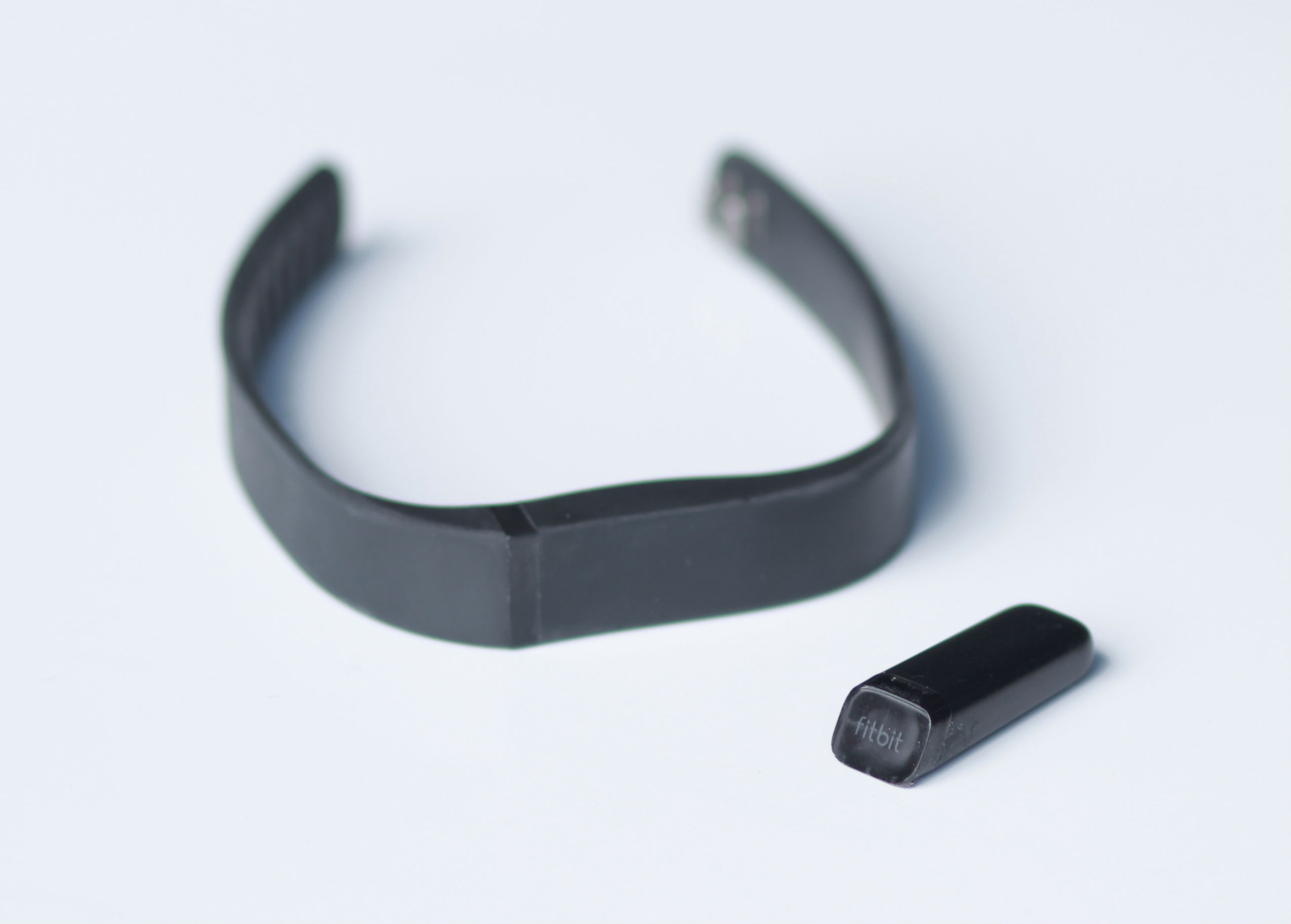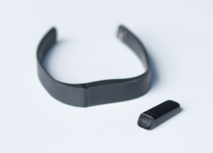Why do we need a fitness trackers and "smart" wristbands? According to the producers and fans, for sports, of course. However, many of these devices is not able to consider any other activity other than walking and running, so it’s better to think twice before forking out your money.
Many manufacturers claim that their devices can monitor the owner’s activity during swimming, cycling and other sports. Yet, these gadgets are much more expensive; besides, some of them are inaccurate sometimes.
What "smart" wristbands can do
To count steps
Without exception, all fitness trackers can count steps. Since many doctors recommend a daily walk of at least 10 thousand steps to keep in shape, having detailed information on the number of steps is helpful.
Once you buy the tracker, each day you get excited to know how many steps you made. There is a passion and insatiable desire to beat your own record, or, at least, to reach the goal.
However, the idea wears out over time. Now, counting steps on the monitor is as boring as counting step in mind when walking.
However, the function does not cease to be useful. At least, it allows to understand at what level your physical activity is. Perhaps you will be able to develop the habit of constantly check your own activity and to walk as much as you need.
Different trackers have different algorithms to count steps. Some might mistake shaking in the car for steps, some wind the counter from usual hand waves. Therefore, this information should not be taken as absolutely accurate.
Bedtime and wake time
Almost each "smart" wristband has the ability to monitor sleep and wake up at a certain time. Sometimes it is interesting to look at information on sleep time, and know number of awakenings and falling back to sleep per night.
On this background, "smart" alarms look much more interesting. A wristband itself determines the phase of light and deep sleep. Depending on this information, it chooses the optimal time to wake up in a given time interval. It is noted that such an awakening is much easier than from the standard alarm.
To measure heart rate
Heart Rate Monitor is a relatively new feature of "smart" trackers. No one really can explain why this function is being massively integrated in the electronic gadgets. Some of them cannot even count steps properly, yet the function is promoted as something revolutionary.
Receive notifications
Almost every bracelet can vibrate when a notification is missed. Once the device is connected, it allows selecting specific applications, on which alert the wristband will respond with vibration. By default, it only notifies you of incoming calls.
The function aims to single out only important notifications, so you should not choose a lot of apps. In such a case, it would be impossible to determine from what app a notification came. Besides, it also consumes battery power.
Notifications of calls, in turn, significantly help in everyday life.
Other
Depending on the model, a wristband can perform many other functions of varying degrees of usefulness. Some of the devices have displays, that, for example, allows you check time and missed text notifications.
source: wareable.com
Many manufacturers claim that their devices can monitor the owner’s activity during swimming, cycling and other sports. Yet, these gadgets are much more expensive; besides, some of them are inaccurate sometimes.
What "smart" wristbands can do
To count steps
Without exception, all fitness trackers can count steps. Since many doctors recommend a daily walk of at least 10 thousand steps to keep in shape, having detailed information on the number of steps is helpful.
Once you buy the tracker, each day you get excited to know how many steps you made. There is a passion and insatiable desire to beat your own record, or, at least, to reach the goal.
However, the idea wears out over time. Now, counting steps on the monitor is as boring as counting step in mind when walking.
However, the function does not cease to be useful. At least, it allows to understand at what level your physical activity is. Perhaps you will be able to develop the habit of constantly check your own activity and to walk as much as you need.
Different trackers have different algorithms to count steps. Some might mistake shaking in the car for steps, some wind the counter from usual hand waves. Therefore, this information should not be taken as absolutely accurate.
Bedtime and wake time
Almost each "smart" wristband has the ability to monitor sleep and wake up at a certain time. Sometimes it is interesting to look at information on sleep time, and know number of awakenings and falling back to sleep per night.
On this background, "smart" alarms look much more interesting. A wristband itself determines the phase of light and deep sleep. Depending on this information, it chooses the optimal time to wake up in a given time interval. It is noted that such an awakening is much easier than from the standard alarm.
To measure heart rate
Heart Rate Monitor is a relatively new feature of "smart" trackers. No one really can explain why this function is being massively integrated in the electronic gadgets. Some of them cannot even count steps properly, yet the function is promoted as something revolutionary.
Receive notifications
Almost every bracelet can vibrate when a notification is missed. Once the device is connected, it allows selecting specific applications, on which alert the wristband will respond with vibration. By default, it only notifies you of incoming calls.
The function aims to single out only important notifications, so you should not choose a lot of apps. In such a case, it would be impossible to determine from what app a notification came. Besides, it also consumes battery power.
Notifications of calls, in turn, significantly help in everyday life.
Other
Depending on the model, a wristband can perform many other functions of varying degrees of usefulness. Some of the devices have displays, that, for example, allows you check time and missed text notifications.
source: wareable.com


















